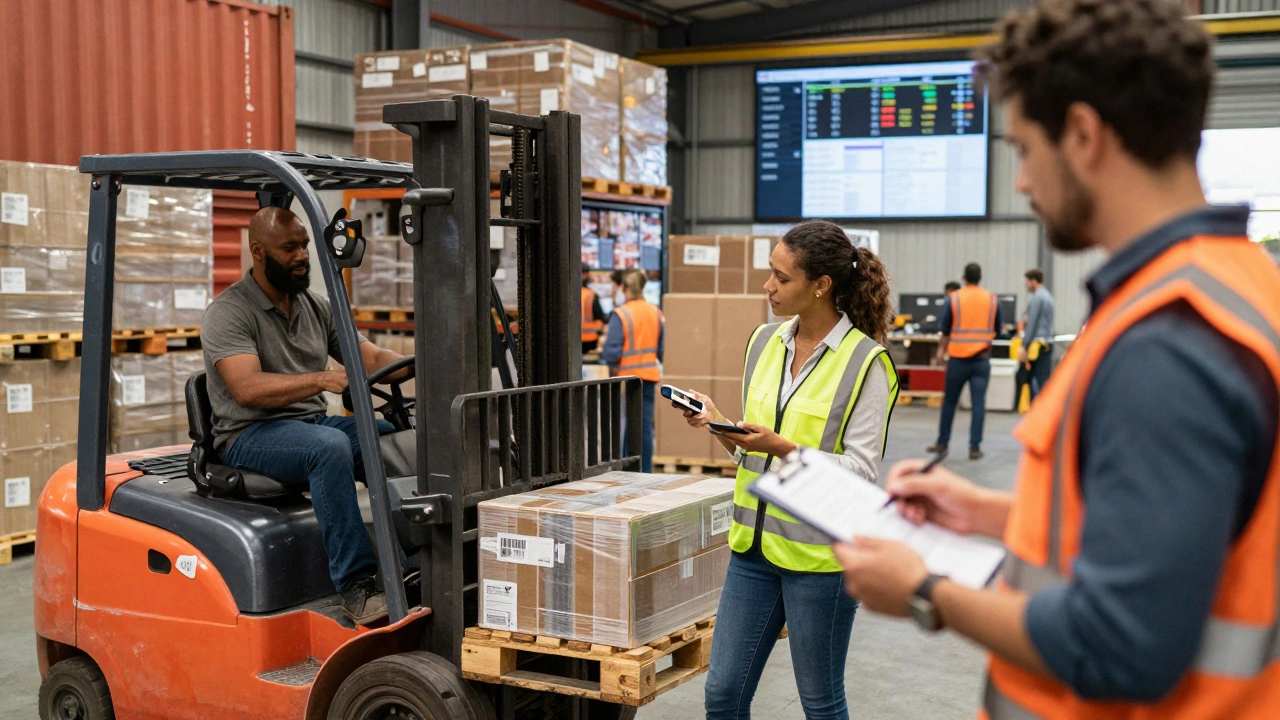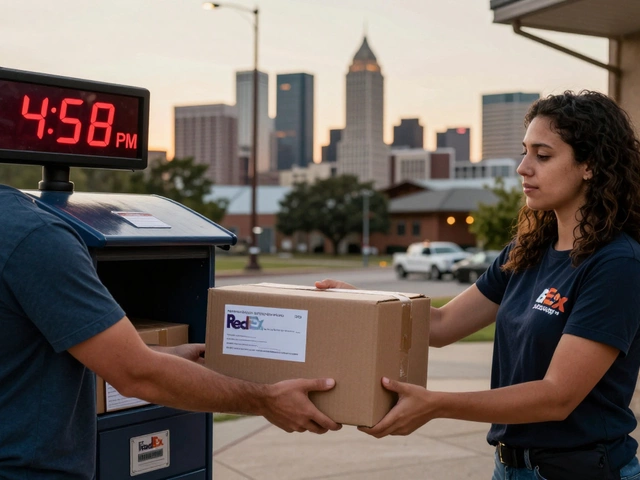Logistics Jobs – Your Guide to Finding the Right Role
If you’re scrolling through job boards and wondering where the best logistics gigs hide, you’re not alone. The supply chain world is buzzing with openings, but the right fit isn’t always obvious. Below you’ll get a quick rundown of where to hunt, what employers look for, and a few tricks to boost your chances.
Where to Look for Logistics Jobs
First stop: niche job sites. While big portals like Indeed or LinkedIn have plenty of listings, sites that focus on supply chain, warehousing, and transport often post roles that never make it to the mainstream boards. Try searching on SupplyChainJobs.com, WarehouseJobs.co.uk, or even the careers page of big carriers like UPS, DHL, and FedEx.
Don’t forget local recruiters. Many regional logistics firms partner with staffing agencies that specialize in freight, distribution, and inventory management. A quick call to a local agency can surface temporary or permanent roles that match your skill set.
Finally, look inside company websites. If you have a target employer – say Dex Removals & Logistics Services – head straight to their "Careers" section. Companies often post fresh openings there before they appear elsewhere.
Tips to Stand Out in the Supply Chain Hiring Process
Resume: Keep it short and focused. Highlight any experience with warehouse management systems (WMS), transport management systems (TMS), or inventory software. If you’ve used tools like SAP or Oracle, put those keywords up front – recruiters scan for them automatically.
Cover Letter: Skip the generic template. Mention a specific challenge the company faces (for example, “improving last‑mile delivery efficiency”) and explain how you tackled a similar issue in a past role.
Interview: Be ready to talk numbers. Employers love to hear about load percentages, on‑time delivery rates, or cost‑saving percentages you achieved. If you reduced shipping errors by 15% or cut warehouse pick‑time by 20%, say it clearly.
Certifications matter too. A forklift licence, CPC (Certificate of Professional Competence) for drivers, or a SCPro (Supply Chain Professional) badge can give you an edge. If you’re still studying, mention relevant coursework – it shows you’re keeping up with industry trends.
Soft skills are huge in logistics. Talk about how you coordinate with drivers, manage tight deadlines, or handle unexpected disruptions. Real‑world stories of keeping a delivery on schedule during a storm or rerouting a shipment around a traffic jam resonate well.
Lastly, follow up. A brief thank‑you email that restates one key point from the interview reinforces your interest and professionalism.
Finding a logistics job isn’t magic – it’s about knowing the right spots to search, speaking the language recruiters use, and proving you can move goods efficiently. Use these steps, stay active on niche sites, and keep sharpening your skills. The next great role in supply chain is just a few clicks away.
December 29, 2025
Evelyn Wescott
0 Comments
You don't always need a degree to work in logistics-but if you want to grow beyond entry-level roles, the right education opens doors. Here's what actually works in New Zealand's logistics industry.
June 26, 2025
Evelyn Wescott
0 Comments
Discover why logistics can be stressful, what makes supply chain jobs unique, and how real people handle pressure in this fast-moving industry.
April 5, 2025
Evelyn Wescott
0 Comments
Logistics isn't just about moving stuff from A to B; it's a dynamic field with endless opportunities. From getting goods to the right place at the right time to improving how supply chains work, a career path in logistics has something for everyone. This article breaks down different roles, showcases exciting trends, and offers practical tips for those wanting to dive into the industry. Whether you're a detail-oriented planner or a tech enthusiast, there's a path waiting for you.
March 31, 2025
Evelyn Wescott
0 Comments
Finding the right logistics company to build your career can be a game-changer. In 2025, the logistics world is buzzing with opportunities, but which companies offer the best work environment? This article explores leading logistics employers, breaking down key factors like culture, growth possibilities, and employee perks to help you decide where to aim your job search.







